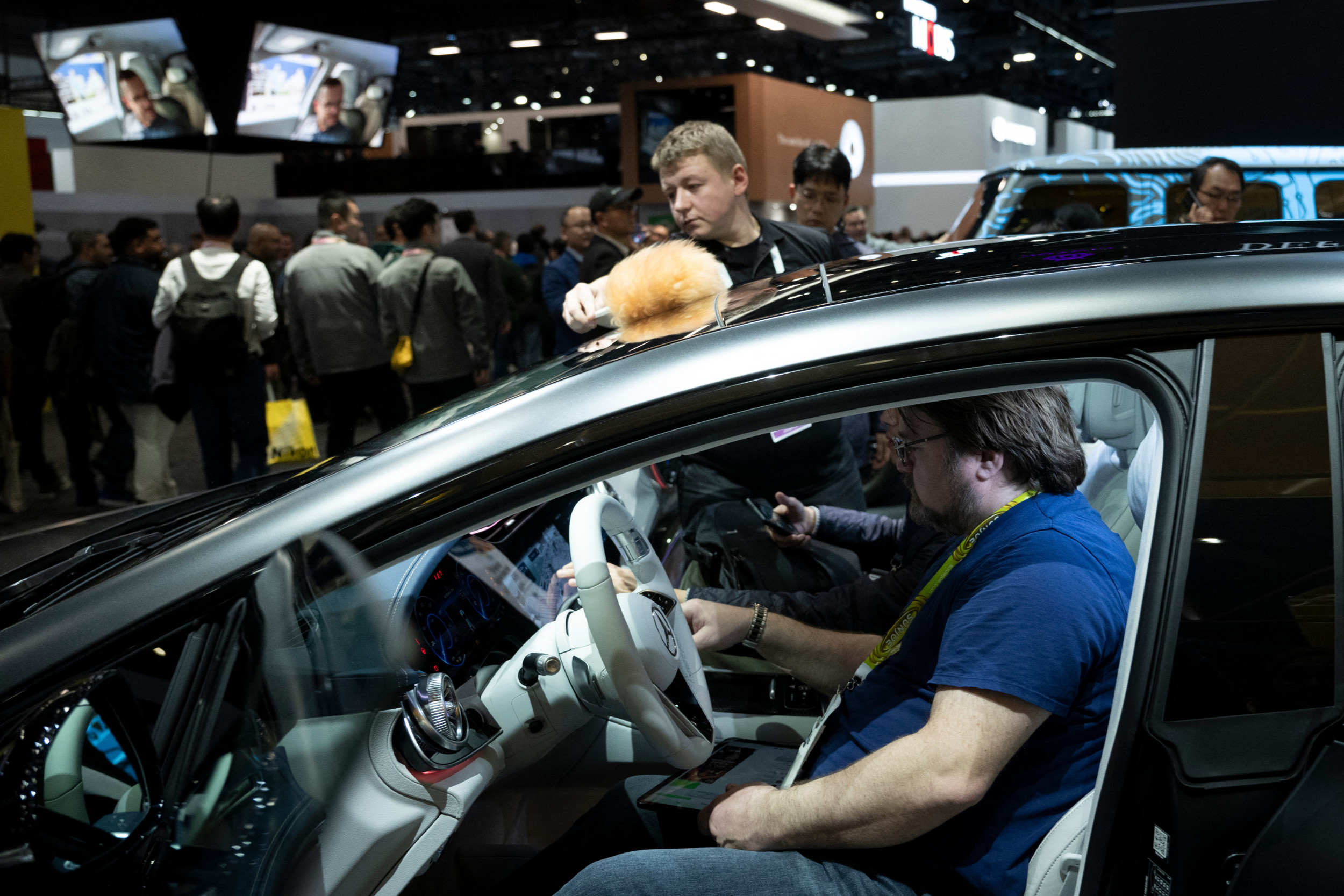But as things stand, cars are still really expensive for many Americans. Just 10 percent of new car listings are currently priced below $30,000, according to CoPilot. Things are not much better in the used car market, where only 28 percent of listings are currently priced below $20,000.
According to an October report by Market Watch, Americans needed an annual income of at least $100,000 to afford a car, at least if they’re following standard budgeting advice, which says you shouldn’t spend more than 10 percent of your monthly income on car-related expenses.
That means that more than 60 percent of American households currently cannot afford to buy a new car, based on Census data. For individuals, the numbers are even worse, with 82 percent of people below the $100,000 line.
$100k to afford a car! Wtf.



As well as private leases there is a massive corporate market for company cars (at least in my country). Cars are offered as a benefit to employees and used as pool cars etc. The company leases them for 6 / 12 / 18 months then they are returned back to the lease company (often the oem themselves) and either re-leased to other individuals or sold on. It’s a huge amount of cars that have that ‘sales’ model. I think almost 80% of BMWs are leased to begin with.
I was reading about a small EV startup company (read: multi billion dollar Saudi oil diversification project) that is planning on never selling cars but instead perpetually leasing cars, and reconditioning the returned car for ‘like new’ leases of the same vehicle again and again and again.
Cars companies aren’t really a manufacturing businesses any more, they’re banks; all of their real products are financial products, loans and leases etc with a car just as the vehicle (pun slightly intended) to sell those financial services.